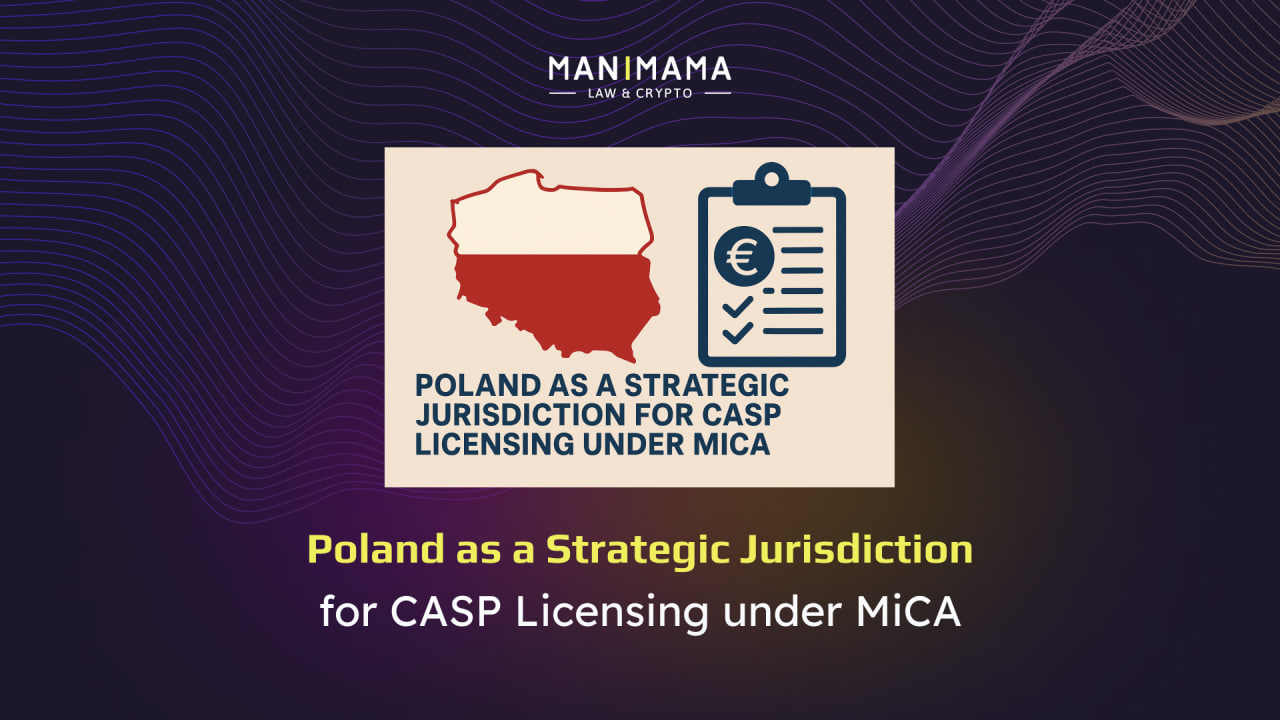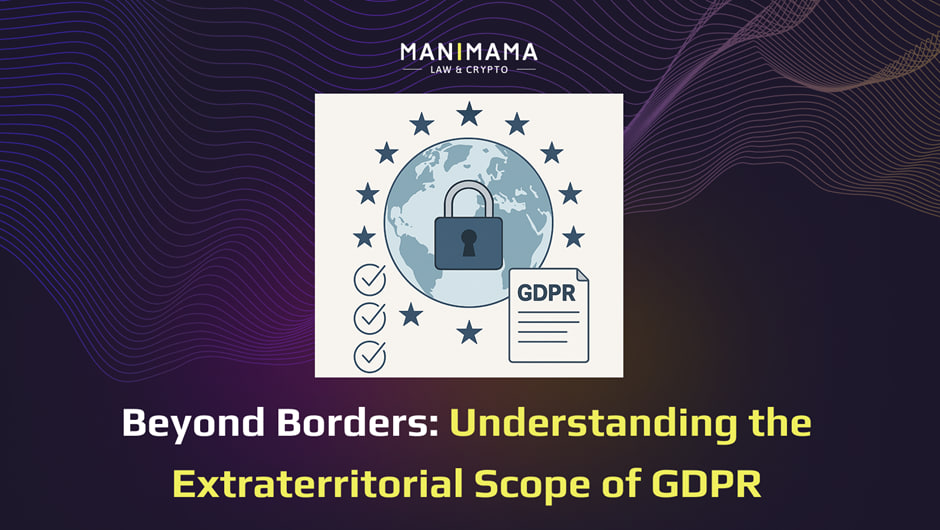More than just a tourism
Most people associate Bulgaria primarily with the sun, sea and tourism, but few pay attention to the advantages of doing business in this country. Entrepreneurs want to choose jurisdictions with minimum taxes and risks, as well as to reach new clients. Many businessmen pay attention to jurisdictions which are in demand and have a reputation, but Bulgaria is out of the public eye.
Bulgaria’s under-appreciation makes it attractive in the context of doing business. So what advantages does Bulgaria offer to entrepreneurs? First of all it’s economic security, developed sphere of foreign trade, Bulgarian currency peg to Euro and therefore stability of the exchange rate, encouragement of investments for business development, access to European markets and many others.
Bulgaria has signed bilateral treaties on avoidance of double taxation with more than 60 countries. There is no currency control in the country. Bulgarian companies are among the most inexpensive in Europe. Company registration procedure is simple and fast. There is no need for personal presence, both for company registration and for opening an account in a bank in Bulgaria.
Contemporary policies
There is no specific law regulating virtual currencies. In 2018. The National Bank of Bulgaria announced the risks of buying virtual currencies. The bank pointed out that the risks are caused by high volatility and signs of a price bubble. Cryptocurrencies are unregulated products that are not suitable as investments, savings or retirement planning.
It should be noted that cryptocurrencies are not regulated by any financial supervisory body in Bulgaria and are not considered as electronic money or financial instruments. In this way, cryptocurrency transactions do not need to be licensed or authorized by the Bulgarian supervisory authorities.
Since 2018, the government policy on cryptocurrencies in general has not changed, but cryptocurrencies have become indirectly regulated by other regulations. Thus, the Measures Against Money Laundering Act (hereinafter: – “AML”) defines virtual currencies. Virtual currencies mean a digital representation of value that is not issued and guaranteed by a central bank or state authority, is not necessarily tied to a legally established currency and does not have the legal status of currency or money, but is accepted by natural or legal persons as a medium of exchange and which can be transmitted, stored and traded electronically.
Despite the statement of the Central Bank of Bulgaria that virtual assets are not electronic money and financial instruments in the context of taxation, income from transactions with cryptocurrencies should be considered as income from the sale of a financial asset. The relevant statement is contained in the conclusion of the National Revenue Agency. The financial authority indicates that income of individuals from the sale or exchange of bitcoin virtual currency is declared in the annual tax return and tax is paid on it. For tax purposes, income from the sale of bitcoins should be treated as income from the sale of a financial asset.
Licensing. At the moment, cryptocurrencies can operate without a special license/permit. The Financial Supervision Commission (hereinafter: – “FSC”), the regulator authorized to issue licenses, does not regulate or issue licenses for operations with virtual currencies, as there is no legal framework that would regulate such activities. Nevertheless, in practice entrepreneurs face situations when they perform operations not only with virtual assets, but also with fiat currency, financial instruments, etc. In such cases, they should obtain a regular financial license from the FSC.
AML requirements
The Council of Ministers of Bulgaria adopted a Decree in 2020, which contains information on the creation of a special register of companies – providers of crypto services in order to separately designate the obligation of such companies to comply with AML requirements.
The Ministry of Finance issued an Order establishing the conditions and procedure for entering into the public register of companies maintained by the National Revenue Agency (hereinafter: – “NRA”). The creation of the register is aimed at limiting opportunities for money laundering and terrorist financing.
Sections 10 and 4 of the AML Act are important to read. Article 4 of the AML Law specifies when a person must apply customer due diligence (e.g., single transactions exceeding the equivalent of 15,000 euros). Article 10 establishes what should be considered a customer due verification.
Taxation
The National Revenue Agency of Bulgaria (NRA) does not distinguish between different types of tokens, i.e., all types of tokens should be defined in the context of taxation as a financial asset.
Tax for Individuals. Under the Income Tax Act, gains from the sale or exchange of financial assets realized during the tax year are taxable. Transactions that can make a gain or loss are:
- sale of assets;
- replacement of assets.
Only profits are taxed. The rate is 10% of profits made during the calendar year.
Tax for legal entities. Legal entities pay corporate tax, which is 10% of the profits realized. If these profits are distributed to partners or the sole owner of the company, the recipients must also pay dividend tax – 5% of the remaining profit after taxes.
Cryptocurrency salary. Salary under an employment contract can only be paid in fiat money. The following options remain:
- crypto payroll from a foreign company;
- accepting payments in crypto under a civil law contract.
Cryptocurrency payments are more likely to come from foreign companies and are usually paid in Stablecoins. Technically speaking, in this situation, the foreign employing company must register as an insurer in Bulgaria and withhold and pay taxes and social security contributions.
Restrictions that Bulgarian law imposes for payments under an employment contract do not apply to civil-law contracts. For a civil-law contract, a tax of 10% is payable.
Should we expect more regulation in the future?
Every year the regulation of virtual currencies around the world expands – special legislation is passed. FSC has recently published a strategy to increase the country’s cyber business, which notes 4 key points:
- managing cyber business to increase security on currency trading;
- licensing cryptocurrency exchanges and financial-innovation companies;
- creating a center and environment for testing innovations;
- an oversight mechanism and the creation of a regulatory framework.
We believe that in the near future we should expect increased regulation of virtual currencies, including clarification of the obligation to license cryptocurrency companies in Bulgaria.
The content of this article is intended to provide a general guide to the subject matter, not to be considered as a legal consultation.
Photo credits











